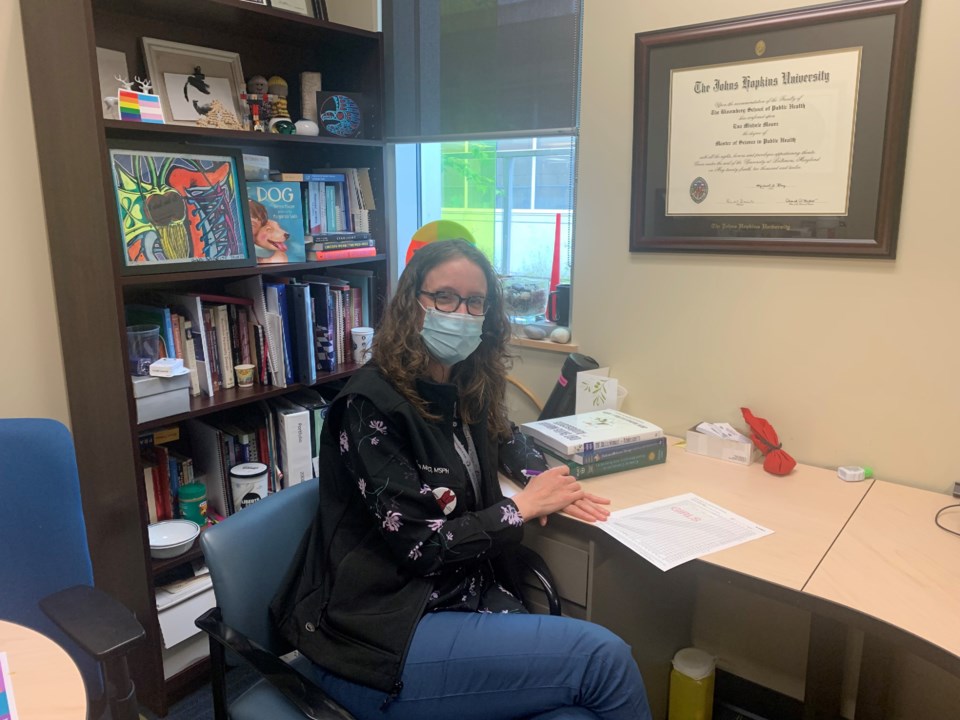When Dr. Eva Moore (she/they) was comfortable enough to come out to their family at 18, and then to their college peers within three days of starting at Bryn Mawr College in Pennsylvania, they couldn't have predicted how challenging the same would be at work.
Having just started in their professional role, Moore kept their personal life private. Like many fresh graduates who have recently entered the workforce, the boundary between private and professional life was gnawing at them. What is too much to share and what is appropriate?
"I'm supposed to do my job. [My personal life] didn't really impact my job so I shouldn't talk about it," Moore tells Vancouver Is Awesome about how they originally thought about their work life and identity. "I was worried that people would judge me or that it would be awkward, or maybe it's not appropriate for the workplace."
But hiding such an important part of their personal life from their colleagues had only created a sense of discomfort.
"I realized I kind of wrote myself out of my own story," she noticed.
Now happily married, with two children with their wife, Moore sees that their personal story revolves around their family too. "If I'm not honest about who I am, then I'm also erasing them from the picture. I'm not just erasing myself," she shares.
Though it took some time for Moore to come out at work, the resulting impact on their professional life was monumental. Even if it means having to purposely come out to people, Moore realized that being true to themselves and creating a safe space at work is important.
If anything, being comfortable at work makes them a better doctor, Moore adds.
Now an adolescent medicine pediatrician at BC Children's Hospital, Moore has seen first-hand how having a safe space in the hospital helps their patients too.
"My colleagues have really created a safe space for me to talk about this. I think that they recognize, as well as I do now, how important it is to create both a safe workplace but also create that space for our patients and our families to also talk about and feel supported in their own differences," Moore says.
One touching moment with a patient remains in Moore's memory to this day. On their last appointment with a teenager who Moore had been treating for years and who had two moms, Moore decided to talk about their wife and two kids.
"Why didn't you tell me this?" the young patient exclaimed excitedly at the news. Moore realized in that moment just how helpful it may be for patients to know that there are queer physicians too.
Moore strongly stands by coming out being a personal choice but does encourage queer doctors, professionals and others in the workforce to open up at work and create those safe spaces for themselves, their colleagues and their patients.
You never know who may need to hear your story.


